Receivership
Understand receivership in Canadian real estate: when it’s used, how it works, and what it means for borrowers, lenders, and distressed assets.

June 16, 2025
What is Receivership?
Receivership is a legal process where a court or secured creditor appoints a receiver to take control of a borrower’s assets, such as property or businesses, when the borrower defaults on their obligations.
Why Receivership Matters in Real Estate
In Canadian real estate and finance, receivership is commonly used when lenders seek to recover debt by managing or selling assets, especially during insolvency or foreclosure scenarios.
A receiver may:
- Operate, lease, or sell the property
- Collect rental income and pay operating expenses
- Protect asset value while enforcing creditor rights
- Report to the court or creditor on asset disposition
Receivers are usually court-appointed professionals (often accountants or legal trustees).
Understanding receivership helps investors and creditors navigate distressed property scenarios and asset recovery.
Example of Receivership in Action
After the borrower defaulted on their commercial mortgage, the lender obtained a court order to place the property into receivership for sale.
Key Takeaways
- Occurs when an asset is controlled by a receiver
- Used to recover debt during default or insolvency
- May involve court oversight
- Receiver manages or sells the property
- Protects lender interests and asset value
Related Terms
- Bankruptcy and Insolvency Act
- CCAA
- Foreclosure
- Insolvency
- SISP


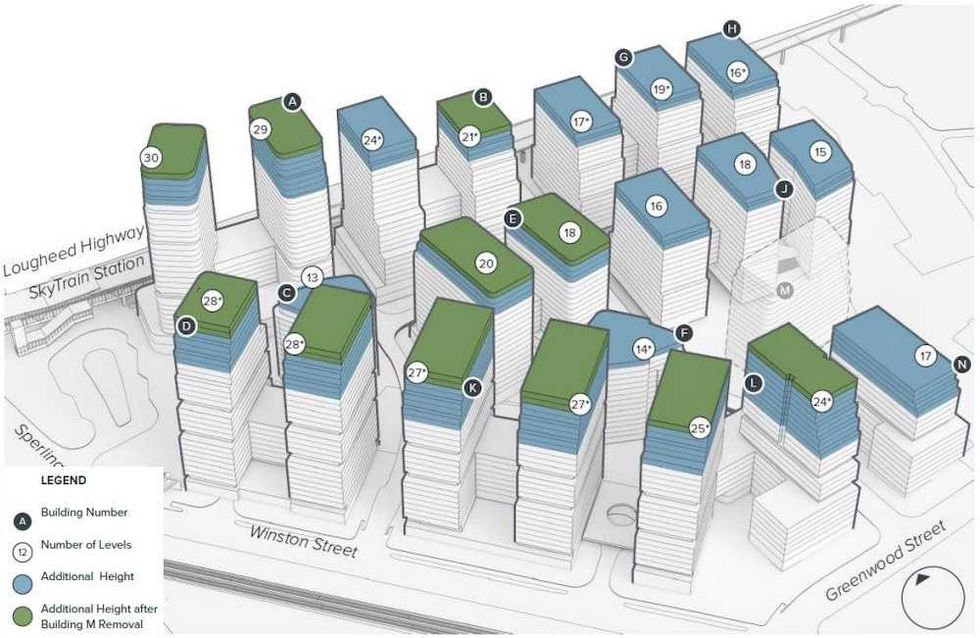 Building height changes from the previous master plan apllcation. (Peterson)
Building height changes from the previous master plan apllcation. (Peterson)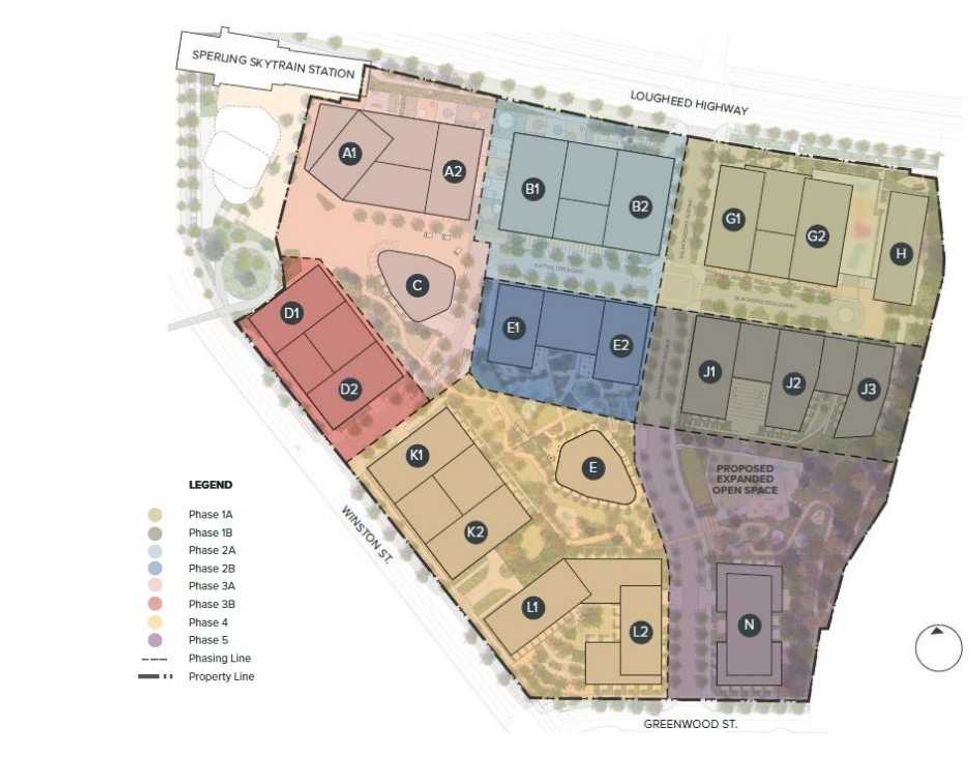 An overview of Blake Village and the phasing plan. (Peterson)
An overview of Blake Village and the phasing plan. (Peterson)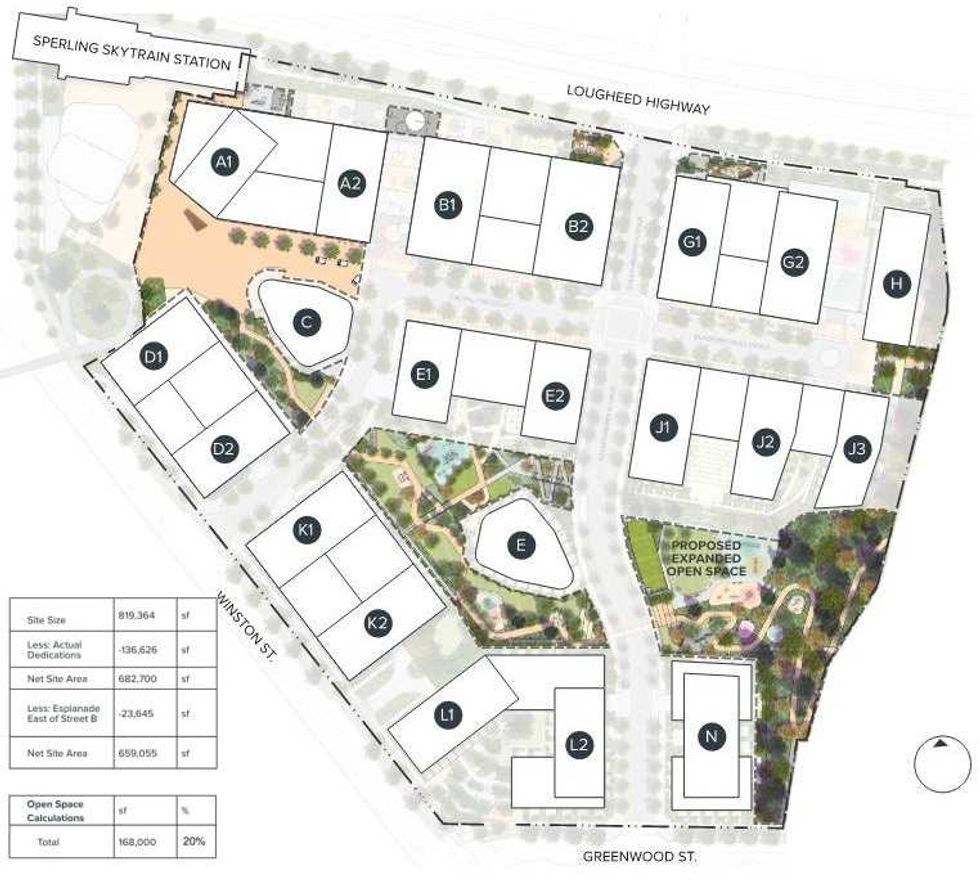 An overview of Blake Village and planned open space. (Peterson)
An overview of Blake Village and planned open space. (Peterson)

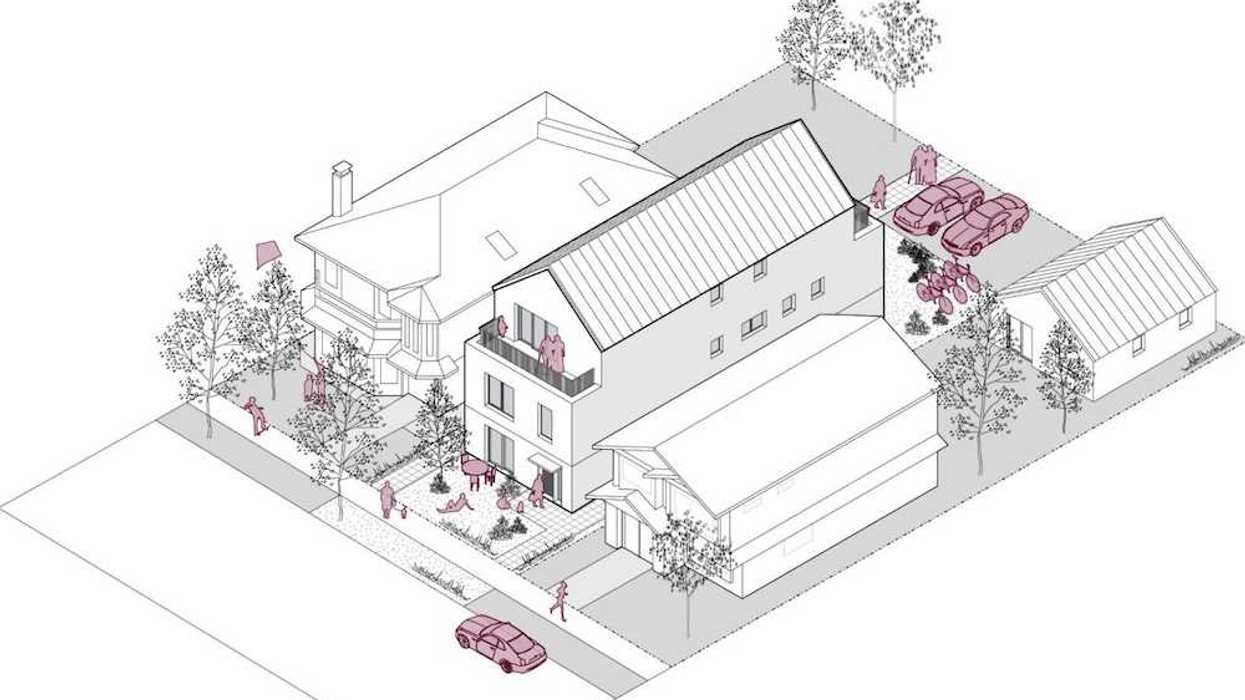


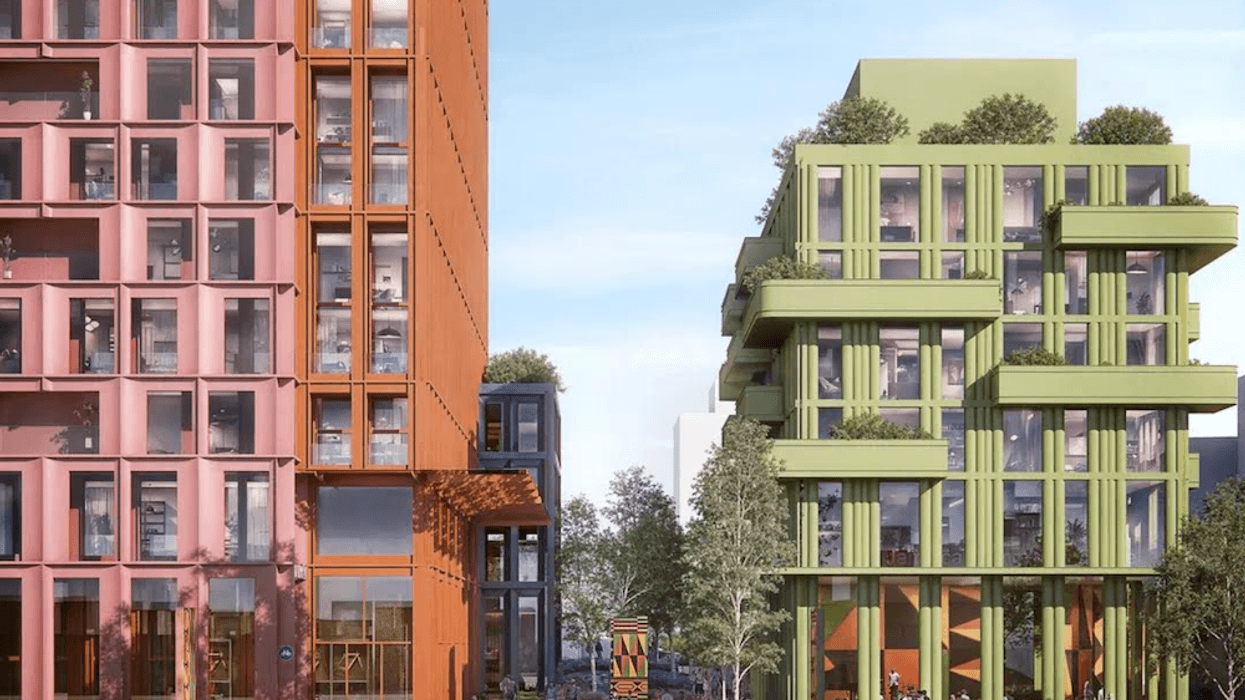




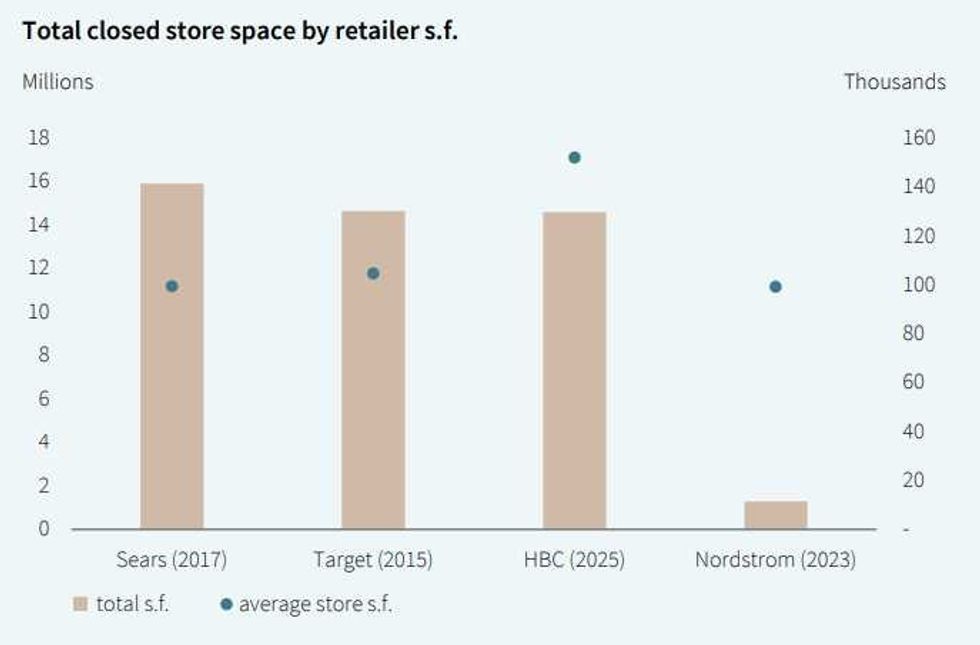 Hudson’s Bay vacated about as much space as Target did in 2015. (JLL)
Hudson’s Bay vacated about as much space as Target did in 2015. (JLL)

 A rendering of Frame in East Vancouver. (Peterson)
A rendering of Frame in East Vancouver. (Peterson) The Tesla facility set for 908 Raymur Avenue in Vancouver. (Beedie)
The Tesla facility set for 908 Raymur Avenue in Vancouver. (Beedie) Phase One of Sen̓áḵw in Summer 2025. (OPTrust, Nch’ḵay̓)
Phase One of Sen̓áḵw in Summer 2025. (OPTrust, Nch’ḵay̓) (QuadReal Property Group, Westbank)
(QuadReal Property Group, Westbank) The two-tower Cascades project under construction in mid-2025. (Ledcor)
The two-tower Cascades project under construction in mid-2025. (Ledcor) A rendering of Perla near Central Park. (Polygon Homes)
A rendering of Perla near Central Park. (Polygon Homes) Phase One of Concord Metrotown is located at the corner of Kingsway and Nelson Avenue in Burnaby. (Concord Pacific)
Phase One of Concord Metrotown is located at the corner of Kingsway and Nelson Avenue in Burnaby. (Concord Pacific) Myriad will complete Concert Properties’ Heart of Burquitlam community. (Concert Properties)
Myriad will complete Concert Properties’ Heart of Burquitlam community. (Concert Properties) SOCO 2 (left) in Coquitlam. (Drew Powell, LinkedIn)
SOCO 2 (left) in Coquitlam. (Drew Powell, LinkedIn) King George Hub in Surrey. (Submitted by PCI Developments)
King George Hub in Surrey. (Submitted by PCI Developments)